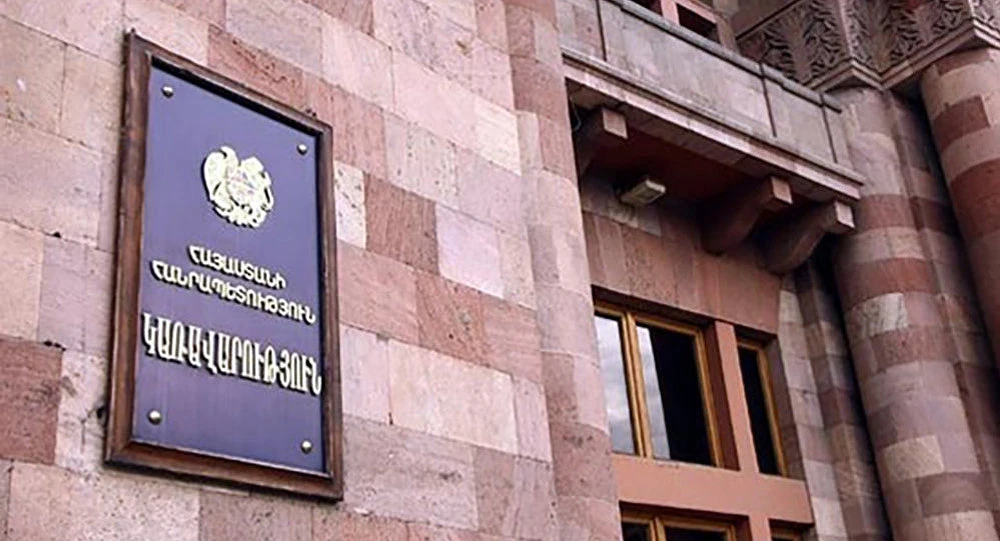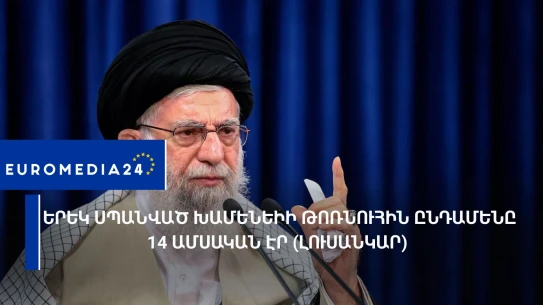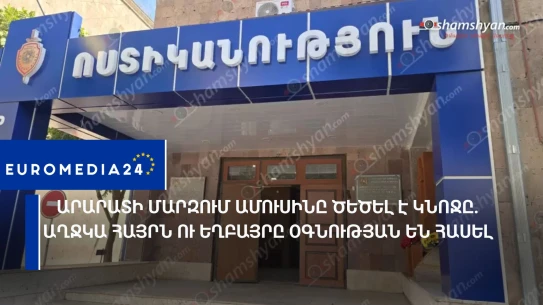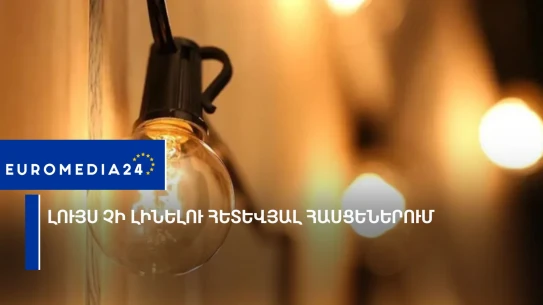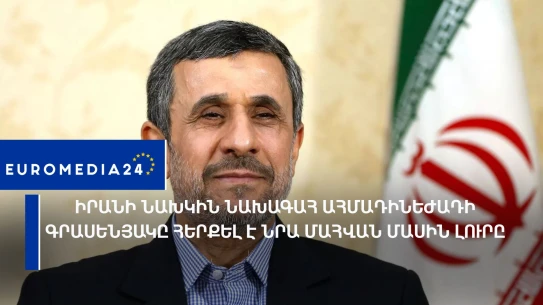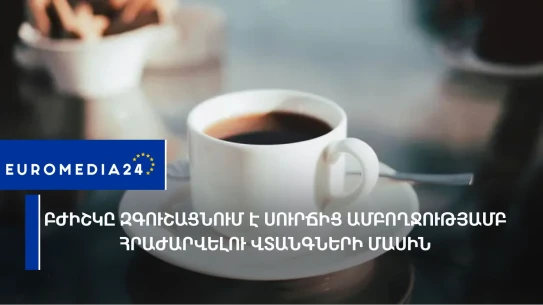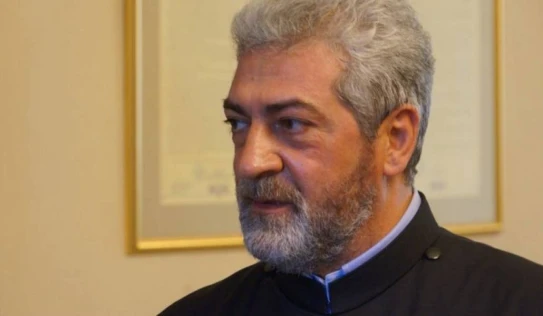"Past" newspaper writes.
"The high economic growth recorded in the previous years gave Armenia the opportunity to invest the benefits received from it in the direction of increasing the productive potential of the country. And the government could carry out stimulating policies in a number of directions, but this opportunity is missed every time. And until now, the economy continues to rely on external factors. Armenia is still taking advantage of the re-export window opened wide as a result of the ongoing war in Ukraine and the sanctions imposed by the West against Russia. If at one point various equipment and techniques were imported to Armenia in a big way from Europe, then exported to Russia, now the direction has somewhat changed due to the warnings of the West. In the structure of Armenia's foreign trade, the lion's share of imports belongs to Russia - 58.7%, and most of the exports - to the UAE - 44.5%. In addition, the share of Russia and the UAE in the total foreign trade turnover of Armenia increased to 41.4% and 20.1%, respectively. Data has been presented more than once about how raw materials imported from Russia, mainly in the form of jewelry and precious stones, are already being re-exported to the UAE. But it is clear that the international situation is changing very quickly, and it is not possible to rely on the re-export window remaining open to ensure economic growth. On the other hand, focusing on re-exports, conditions are not created in the economy to increase local potential. That is why, as experts in the economic field note, the economic growth registered in Armenia is not healthy and cannot have a long life. it rather hides the problems in the domestic market. That is why even the RA authorities are quite cautious in their assessments. And for 2024, the government already expects 5.8% economic growth, although earlier it was announced about at least 7%. In the conditions of decreasing growth rates, the budget deficit is naturally a serious problem, which will create additional problems next year as well. The deficit of the state budget for 2025 was programmed at 5.5% of the GDP, in the amount of 609 billion drams. And in order to fulfill the planned expenditures in the budget, the government will go to its preferred step and borrow money, constantly increasing the already heavy burden of the public debt. Government bonds will be issued, and loans will be taken from international organizations and foreign countries. Right now, the authorities are only attracting loans from wherever possible. In mid-December of this year, Armenia will receive another tranche of $24.5 million from the International Monetary Fund within the framework of the Stand-By Credit Agreement. The state debt has already exceeded 12 billion dollars and is growing by about 100 million dollars every three months. That enormous financial burden must also be managed and the interest paid consistently. It is no coincidence that the largest part of public services of a general nature goes to the interest payments of the public debt. In particular, in 2025, 394 billion drams should be allocated to the interest of the government's debt. For comparison, the amount planned in this direction in 2024 is 323 billion drams. One can imagine what results we would have if these financial resources were invested in education, science, health care, social security and other areas instead of paying off the debt. Another way to fill the state budget is for the authorities to increase taxes in various areas, which will complicate the general economic activity environment, creating conditions for price increases. Even now, the executive plans to increase the rates of excise taxes on oil products imported into Armenia. It is natural that the importers will not suffer from this, they will increase the price of the imported oil products after the tax increase and the consumers will be the main victims. But what is surprising is that when "generally" the reduction of financial income to the state budget is predictable, the authorities not only do not want to tighten their belts, but also spend more extravagantly, making huge unnecessary purchases.
















